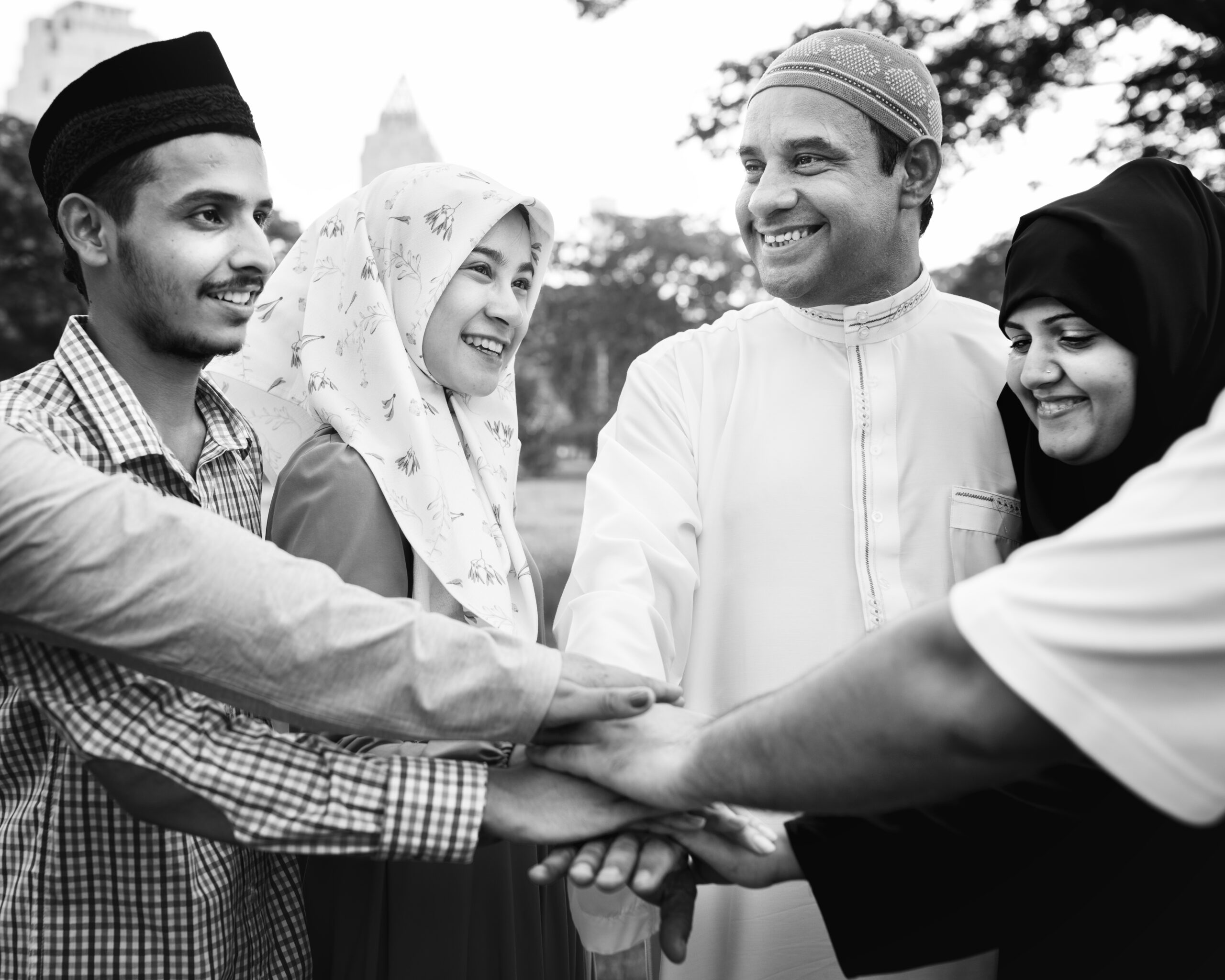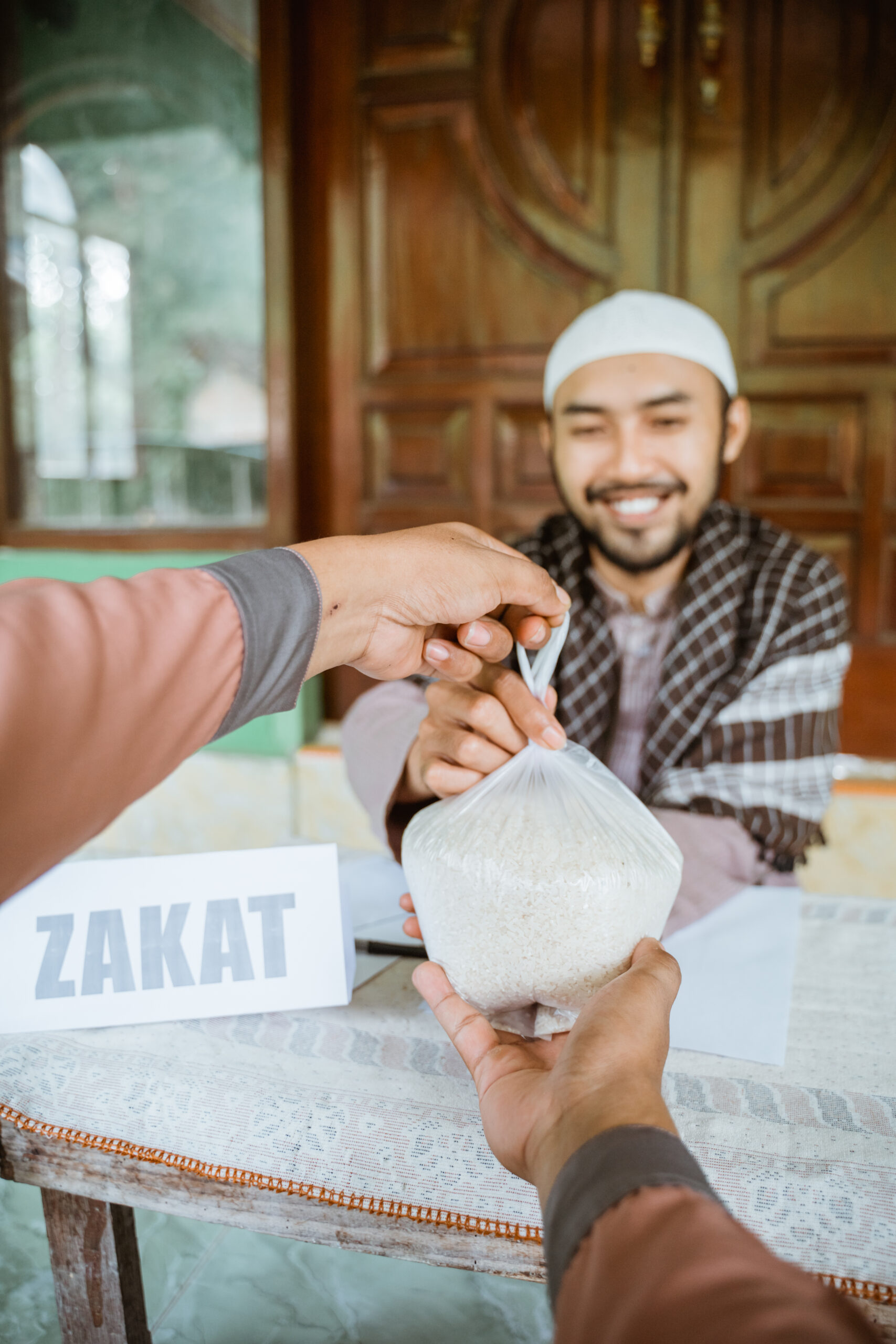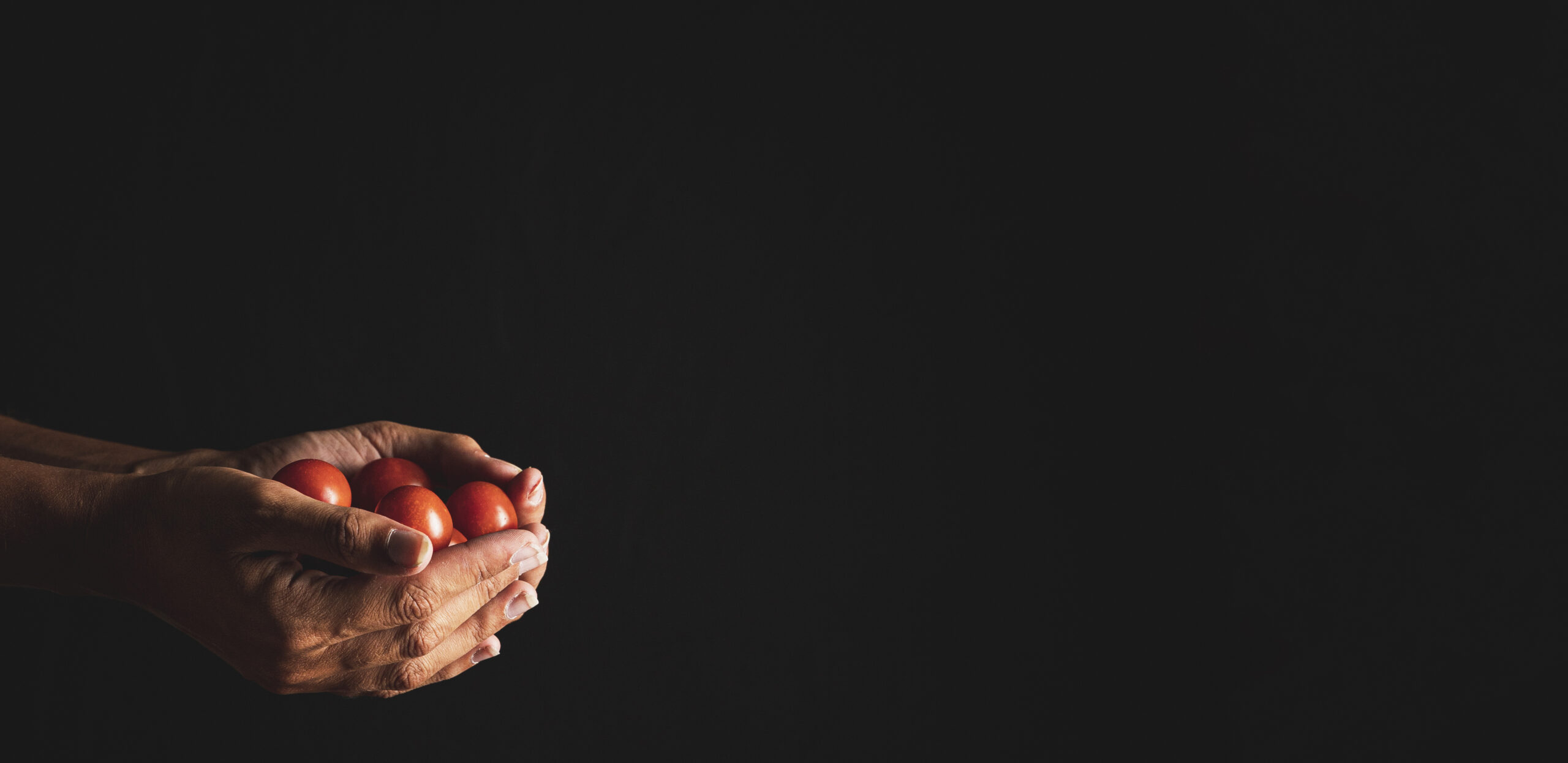
“ Indeed, those who believe and do righteous deeds and establish prayer and give Zakah will have their reward with their Lord, and there will be no fear concerning them, nor will they grieve.”
Quran 02:277
Definition and Importance
Considered the third pillar of Islam and a high form of worship, Zakat is a mandatory system of almsgiving in Islam. It is a religious obligation for every sane adult Muslim who meets the necessary criteria of wealth, known as the threshold (Nisab).
The term Zakat (or Zakah) came from Arabic, meaning to purify. Zakat is considered a way to purify one’s income and wealth from unintentional impure ways of acquisition; just as ablution purifies the body and prayer purifies the soul, zakat purifies possessions and makes them pleasing to God and lawful. Premeditated impure income, like stealing or deceit, charity cannot purify it but must be removed in total and returned to the rightful owner, then repent to Allah with a sincere intention never to redo it again.
Spiritual Significance
Zakat is not only a financial duty but also a means of spiritual development and belief in Islam. It is closely linked with prayer and is considered a way to demonstrate faith and gratitude for God’s blessing and worldly gifts through charitable giving. The Quran emphasizes the importance of Zakat in several verses, highlighting its significance in the lives of believers and its role in helping those in need.
“ And establish prayer and give Zakat, and whatever good you put forward for yourselves – you will find it with Allah.”
Quran 02:110

Money in Islam
Input: where you get your money from; no gambling, interest, stealing, scamming…,
Output: How you spend it; only on Halal and with moderation: No waste or avarice.
Savings and profits: Giving obligatory charity: Zakat.
“ Do not be so tight-fisted, for you will be blameworthy, nor so open-handed, for you will end up in poverty.”
Quran 17:29
Zakat: How to and rate
The Threshold, or Nisab, is the minimum wealth a Muslim must possess before they are liable to pay zakat. It is calculated using gold and silver.
The Nisab is the value of 87.48 grams of gold or 612.36 grams of silver. Today, this is usually the equivalent value in your local currency.
Example of the threshold during mid-2024:
Using the value of silver (612.36 grams) – approximately $598.31
Using the value of gold (87.48 grams) – roughly $6,559
The donation rate is 2.5% of a Muslim’s total savings and wealth above the threshold calculated above.
The recipients of zakat
The collected amount is intended to be distributed to specific categories of recipients, including the poor, orphans, widows, those in debt, and others in need, as outlined in the Quran:
- The poor and needy (Priority to relatives)*.
- Struggling Muslim converts
- Enslaved people
- Individuals in debt
- Soldiers fighting to protect the Muslim community
- Those stranded during their travels
- The collectors of zakat.
“Righteousness is not in turning your faces towards the east or the west. Rather, the righteous are those who believe in Allah, the Last Day, the angels, the Books, and the prophets; who give charity out of their cherished wealth to relatives, orphans, the poor, ˹needy˺ travelers, beggars, and for freeing captives; who establish prayer, pay alms-tax, and keep the pledges they make; and who are patient in times of suffering, adversity, and in ˹the heat of˺ battle. It is they who are true ˹in faith˺, and it is they who are mindful ˹of Allah˺. “
Quran 2:177

Purpose: Why pay Zakat?
Zakat in Islam is an obligatory form of taxation on the rich given primarily to those in need, including the poor, orphans, widows, those in debt, and others facing financial hardship.
Zakat aims to support these individuals by providing them with financial assistance to meet their basic needs, such as food, shelter, education, and healthcare.
Zakat promotes self-sufficiency among recipients, empowering them to become more independent and economically stable. By giving Zakat, Muslims not only fulfill a religious obligation but also contribute to the well-being of their communities by fostering compassion, empathy, and social justice.
Islam is a practical and constitutional religion that protects society from the individual and the individual from society in every aspect of life, including the financial one:
- On the individual level, when you are having a hard time or are in extreme circumstances, society will provide you with the financial help necessary for survival through a legislated and mandatory charity. Add to that the psychological relief that if things go wrong for you one day, you are assured that what you are doing for the poor today will be done for you if you hit the bottom in the future (God forbid).
- On the societal level, for a healthy economy, money must be circulated, switching from hand to hand so that everybody benefits directly or indirectly from it through commerce or services. But when you save money or turn it into gold and keep it from that primary role of circulation, Islam takes back that excluded benefit in the form of a tax and returns it to society, the poor and the deprived.
- Imagine that if the ten wealthiest people in the world paid zakat, that would be a staggering $9.25 billion! The power of that money in tackling poverty would be immense.
- On the legislative level, Islam forbids any taxes besides Zakat; it is a sin called “Mocks – مكس.” Thus, the only religious tax imposed is Zakat, and the head of state is the only one responsible for collecting it.
- Then, on the spiritual level comes purification: Purifying the rich’s money and possessions from all unintentional impurities or wrong acquisitions. And the poor’s soul from grudge toward the rich by establishing a more equitable redistribution of wealth and fostering a sense of solidarity amongst members of the nation in general and the well-being of fellow Muslims in a personal aspect.
But wait!
Holding Zakat alone responsible for the well-being of poor and needy Muslims is a bit misleading. Zakat is part of a bigger picture and a precise complementary system based on justice and objective morality called Sharia. In this system, every legislation and law completes the others. You won’t benefit from Zakat while permitting interest in banks (interests are categorically Haram in Islam), not banning the defrauder and allowing political and financial corruption…

Zakat al-Fitr
While Zakat is based on personal income and property, Zakat al-Fitr is a fixed amount assessed per person. The suggested Zakat al Fitr donation is based on the price of approx. 3 kg of rice or wheat at local costs.
The collected amount is used to pay the zakat collectors and the poor Muslims so that they may be provided with a means to celebrate ‘Eid al-Fitr’ (the celebration of the end of Ramadan) along with the rest of the Muslims.
History of Zakat in Islam
Summary
“ Ordain for us what is good in this life and the next. Indeed, we have turned to You ˹in repentance˺.” Allah replied, “I will inflict My torment on whoever I will. But My mercy encompasses everything. I will ordain mercy for those who shun evil, pay alms-tax, and believe in Our revelations.”
Quran 7:156



